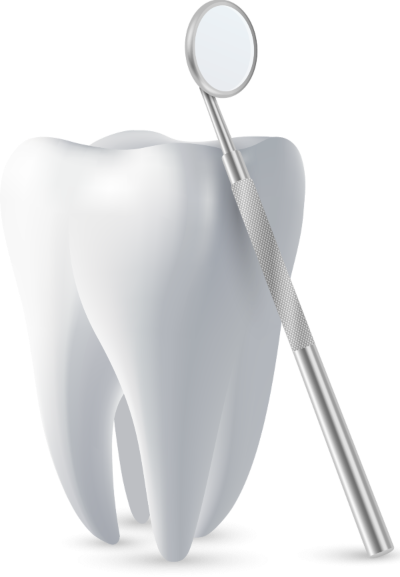Early Interceptive Orthodontics in Plymouth
Did you know…
Phase 1 orthodontic treatment may reduce the need to pull permanent teeth in the future.
How it works: The early interceptive orthodontic process
Consultation
At the consultation, the orthodontist will determine if early treatment is necessary and beneficial for your child. First, the orthodontist will examine your child’s jaw, dental arches, and teeth to check for early signs of gaps, crowding, and misalignment. They will also address all oral habits like nail biting, tongue thrusting, and thumb sucking. Your orthodontist will be sure to share helpful flossing and brushing techniques to ensure good oral hygiene and a successful treatment outcome for your little one.
Impressions and Digital Imaging
Your orthodontist will then take a series of X-rays and impressions to document your child’s facial profile as well as any tooth or bite issues to determine if removable appliances will be necessary, such as a space maintainer, palatal expander, or limited braces. Each case is unique, so while some children benefit from a device used to maintain or move teeth and jaw positions, others see better results when some baby teeth are removed.
Appliance Placement
After gathering data and deciding on the best early orthodontic treatment for your child, your orthodontist will securely place either a custom dental appliance into your child’s mouth
. Once your child’s dental appliance is securely placed, your orthodontist will check for proper fitting to ensure maximum comfort.
Next Steps
Schedule a follow-up appointment with your child’s orthodontist every 4-8 weeks to monitor progress. Early treatment can be completed in 12-18 months or less, so your child can enjoy a strong, healthy smile for life.
Types of early interceptive orthodontic treatment
Space Maintainer
A space maintainer is a custom-made dental piece, which allows ample room for your child’s permanent tooth to erupt and properly come into place. Made of either acrylic or metal material, this appliance can be removable or cemented in your child's mouth.
Partial Braces
Partial braces are medical-grade stainless steel brackets and archwires that straighten a few of your child’s misaligned teeth over time.
Did you know…
Early interceptive orthodontics can reduce your child’s chance of dental injury.
Have questions about early interceptive orthodontics? Find answers here.
What are the signs that my child may need early interceptive orthodontics?
If your child is showcasing one or more of the following signs & symptoms, they may be a good candidate for early interceptive orthodontic treatment:
- Underbites
- Crossbites
- Crowded teeth
- Excessively gapped teeth
- Extra or missing teeth
- Excessive thumb, finger, or pacifier sucking
Our team is happy to work directly with you and your child to assess these symptoms before they become severe issues over time.
What are the benefits of early interceptive orthodontics?
Early treatment can be in a patient’s best interest if their problem is one that could worsen over time and cause severe dental issues in adulthood if left untreated. The goal of early treatment is to recognize and eliminate these problems as early as possible, so a child’s teeth and jaw can properly grow and maintain space for incoming adult teeth.
What causes orthodontic problems in my child?
While many orthodontic problems are inherited, some are caused by common habits over time, such as thumb sucking, finger sucking, or excessive pacifier use. Other factors such as mouth breathing, dental disease, abnormal swallowing, poor dental hygiene, or early or late loss of baby teeth, accidents, and poor nutrition can alter your child’s teeth and jaw alignment. No matter the cause, our team will cater to your child’s unique needs and teach them healthy habits for a lifetime of optimal oral health.
At what age should my child be seen by an orthodontist?
The American Association of Orthodontists recommends that your child’s first check-up should take place before the age of 7 or any time an orthodontic issue is noticed before then. By the age of 7, your child’s mouth holds enough permanent teeth for an orthodontist to gain a strong understanding of your child’s mouth and jaws as they develop. This provides your orthodontist with plenty of information to give your child with a tailored treatment.
How much does early interceptive orthodontics cost?
The cost of early interceptive orthodontics is different for each patient. Factors that may affect the cost include the severity of your child’s teeth misalignment, appointment and visits, insurance type, and more. The best way to find out how much you’ll pay for your child’s early interceptive orthodontics is to schedule a consultation with your orthodontist.
Did you know…
4.5 million children wear braces each year to achieve the smile of their dreams.



